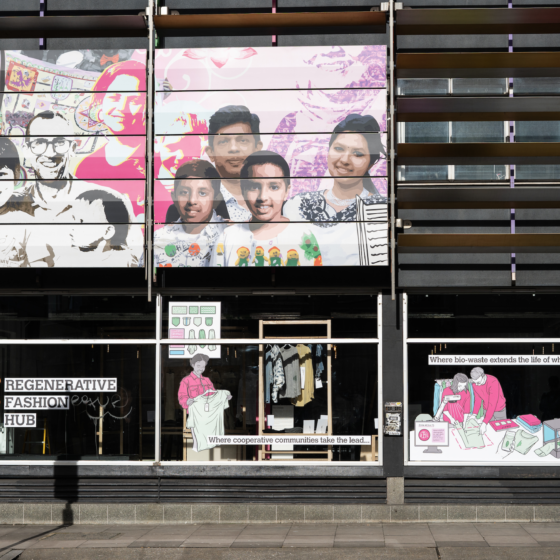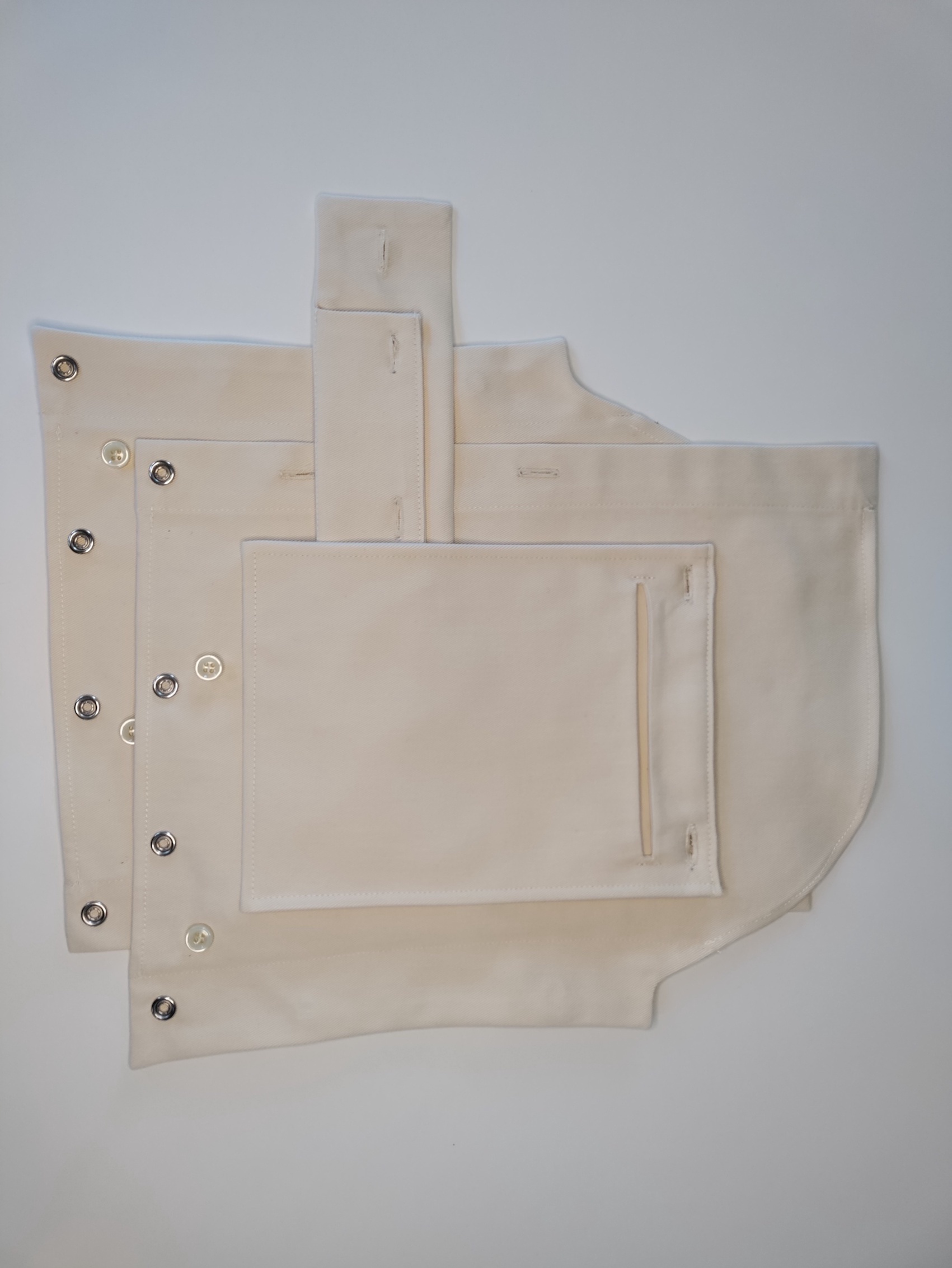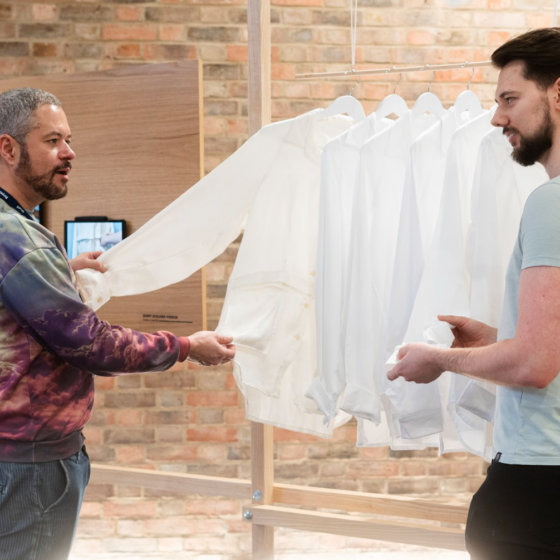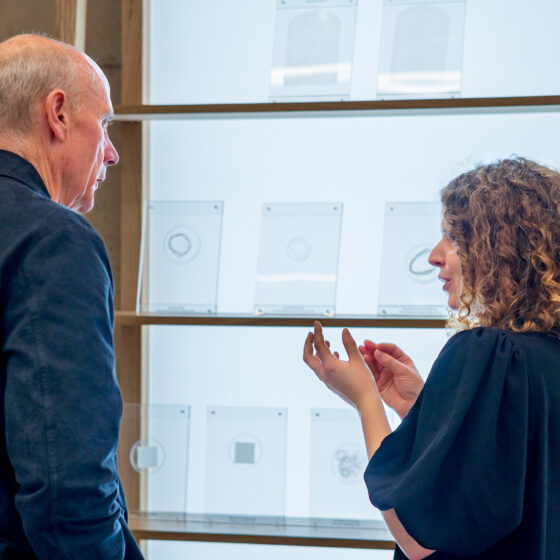
The Regenerative Fashion Hub opens at Rich Mix
Explore the future of sustainable fashion and textiles 23 February - 21 March 2024
Join us for a participatory workshop that explores co-design and customisation not only as a way to achieve this, but also as a way to contribute to the circular economy.
 Photo by: Ricardo O’Nascimento
Photo by: Ricardo O’Nascimento
Our clothes have a big impact on how we feel about ourselves, but it’s often difficult to find items that fully suit our tastes and bodies. This participatory workshop explores co-design and customisation not only as a way to achieve this, but also as a way to contribute to the circular economy. Will being able to customise our clothes from the start mean less waste? Will we feel more attached to our clothes if we’ve helped shape them? How much effort are we willing to put in? Come along and explore these and many more questions, by experimenting with the interchangeable components of a ‘modular’ shirt.
We also invite you to bring two items of clothing to the workshop: one item that is almost, but not exactly as you’d like it to be, e.g. in fit, length, colour, material, texture, or something else; and another that you are planning to ‘let go’ for whatever reason, e.g. it no longer fits, has holes, is too worn/faded, feels out of style, or feels like it’s no longer part of who you are… (This can also be a photo or description of a garment you recently ‘let go’.)
Your feedback will help us understand the future of co-design as a sustainable approach to fashion.
You will be able to select from a range of our Circular Economy iron-on patches to take away in return for taking part.
If you have any learning needs or requirements, please let us know in advance so we can do our best to meet these.
When: Tuesday 29th November 2022, 14:00-16:30 (2 hours 30 minutes)
Where: Held at the Regenerative Fashion Hub at The Lab E20 (3-4 East Park Walk, Stratford, London E20 1J)
Past event.

Explore the future of sustainable fashion and textiles 23 February - 21 March 2024

We are pleased to announce additional dates for our open house sessions at the Royal College of Art this Saturday 3rd February and Thursday 8th February.

The Regenerative Fashion Hub showcases circular bio-based textile designs, product and consumer experience designs, and alternative local economy supply chain systems based on a 'social production network'.